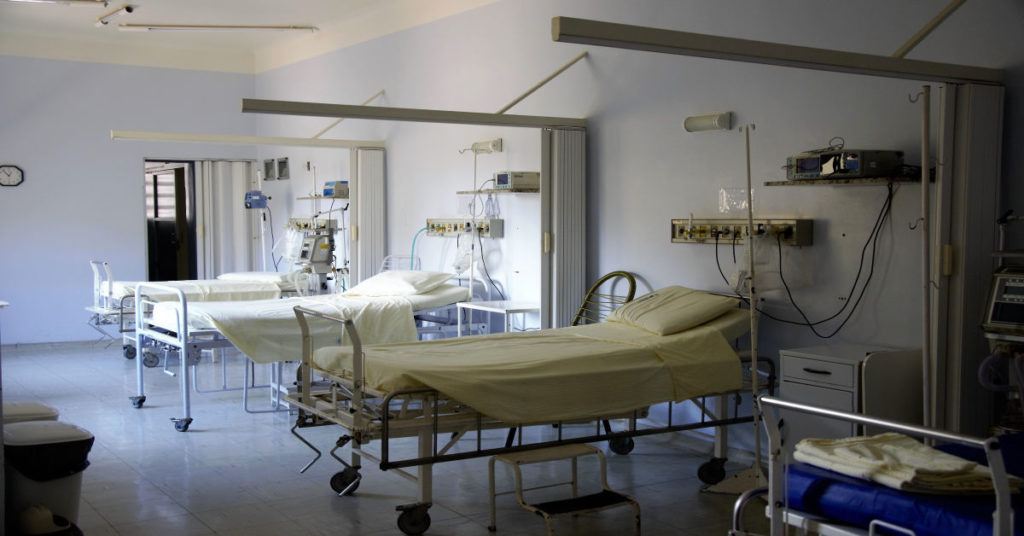Many hospitals invest in devices that make communication a breeze – from smartphones to smartwatches.
So, do nurses use pagers? Yes. It may seem a bit strange that nurses still use pagers as a method of communication.
But that doesn’t mean we’re still stuck in the 1950s. Pagers offer a host of benefits that the mighty smartphone can’t match.
For instance, these devices rely on a communication system that sends messages at a specific time and to the right person.
In a recent survey, the researchers found that 80% of healthcare facilities need a pager.
Some X-ray walls of a hospital are built to block cellphone signals. Thankfully, pagers have the frequency to surpass the walls.
During emergencies, the hospital staff may want to reach hundreds of people.
Since pagers are built with high-tech technology, they can reach many people with ease.
Unlike cellphone devices, pagers go to the nearest tower and signal multiple satellites.
Additionally, pagers have a long-lasting battery (better than mobile phones).
They need to be charged once a week – this is important for nurses with busy schedules.
In terms of security, pagers won’t allow for security breaches. You can be sure that no information will land in the wrong hands.
Table of Contents
Are Pagers Obsolete?
No. Pagers are still alive today and fully embraced by healthcare professionals.
While nurses will need a pager, they can also be used in transport, housekeeping, etc. Even with cellular and Wi-Fi coverage, a pager guarantees secure communication.
The secure messaging capabilities and display lock features make this gadget reliable.
Since pagers only send basic texts or numeric messages, you can be sure confidential information won’t land in the wrong hands.
To put everything into perspective, pagers have a unique code called CAP.
So once the device identifies the message code, it makes a loud beep.
Secondly, pagers get through where no other form of communication can.
This explains why they are an integral part of communication in a hospital setting.
In case of a power outage or disaster, these devices can communicate independently.
During emergencies, the hospital staff can create group texts and send them to workers concurrently.
Hospitals still use pagers due to the long battery life. Unlike a cellphone which must be charged daily, pagers need power once a week.
They can send group messages instantly and will continue to work during power outages.
Most high-tech devices cost thousands of dollars – this is a price a hospital is willing to pay.
But pagers continue to be an affordable form of communication.
While pagers have some downsides, some hospital facilities are investing in HIPAA-compliant apps that send secure messages.
One problem with the pagers is their massive size. If a doctor gets a message when attending to the patient, he has to put everything down to reply.
See also: Why Do You Want to Work Here as a Nurse
Conclusion: Can I Still Use a Pager?
Yes. Even with the proliferation of smart devices, pagers are a reliable form of communication in a hospital setting.
They use a technology that can’t be replicated by modern devices.
While other forms of communication are being developed to suit the medical landscape, we expect to see pagers in the medical scene – at least for a while. If you work in a hospital, you may get a pager for free.
Now you know why nurses love pagers.
Related articles of ours:
- Do Nurses Get Paid Overtime?
- Do Nurses Have to Do Continuing Education?
- Can Nurses Wear Wedding Rings
I’d be glad if you could give this article a star rating. Thank you in advance! 🙂
